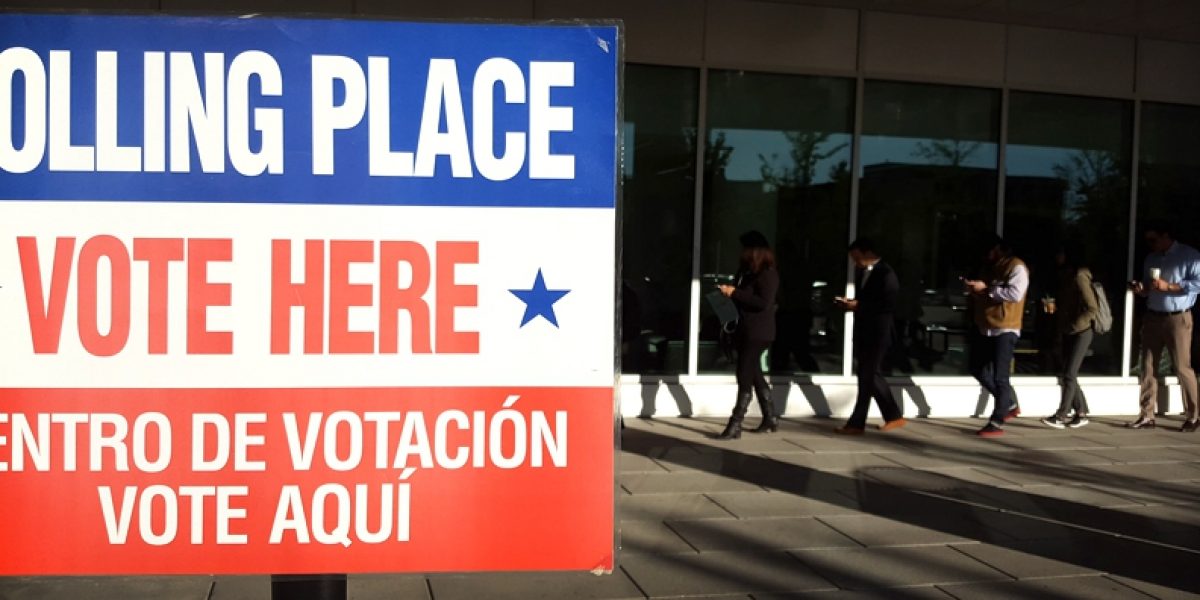What seemed unthinkable to many just a year ago has happened and Donald Trump will be the next president of the United States. While markets have slumped in response, one thing is certain: nearly half of the US population is now faced with a president that they resolutely view as unfit to lead.
For party loyalists, disappointment when a candidate of the opposite party is elected, is a normal occurrence. This time, however, the US population’s polarisation runs much deeper. This will likely lower Trump’s efficacy in the ‘honeymoon period,’ which is the early months following the elections when a new president has the greatest success at pushing through policy initiatives. He will surely have to distance himself from some of the outrageous remarks he made throughout the campaign and soften his stance, as he started to do towards the end of the campaign, to be an effective president.
A Republican Senate and House of Representatives certainly give him a better chance to push through standard Republican agendas such as lower taxes across the board. However, some of the more outlandish statements he has made at various points throughout the campaign, such as building a wall between the US and Mexico, and banning Muslim immigrants will surely not pass even in a Republican Congress. It is in the realm of foreign policy where the President enjoys more power, and up to this point the exact nature of how Trump will deal with global issues remains unclear, other than his intention of making ‘good deals’ with foreign leaders and ‘bombing ISIS.’

What does Trump’s election mean for Africa? At this point, it is difficult to tell. The discussion around Africa has been decidedly missing throughout the campaign, and while Clinton has a track record in dealing with the continent through her tenure as Secretary of State, with Trump, it is anyone’s guess.
Historically, Africa has tended to be a bipartisan issue on the Hill, and the US’ unilateral trade preference scheme for Africa, the African Growth and Opportunity Act (AGOA), has been extended to 2025. It is unlikely to be a contentious issue, and Trump will likely focus his actions to support his anti-trade rhetoric on more publicly contentious issues such as China and renegotiating the North American Free Trade Agreement (NAFTA). Although in a more protectionist Congress, South Africa is likely to come under pressure during the annual AGOA review in terms of its preferential access to the US market, as was the case under Obama with South Africa’s chicken saga.
However, the real challenge may lie in negotiation of a post-AGOA free trade agreement between the US and the Southern African Customs Union (SACU), which would need to start during Trump’s presidency. Though this agreement would be off the public radar, one wonders whether Trump’s promise to negotiate tougher trade deals will lead to the same stalemate that ended US-SACU negotiations in 2003, when the US’ inflexible trade template did not leave policy space for South Africa and the other SACU members in the agreement.
In terms of aid, one can be sure this will not be a primary issue on the agenda of Trump, given his isolationist stance and promise to ‘make America great again.’ However, one will have to wait to see whether Trump will quietly continue important initiatives piloted under the Obama administration, such as Power Africa and the US-Africa Leaders’ Summit.
An important consideration for African leaders which must be relayed to Trump is the notion of a relationship with the continent based on partnership rather than charity. In spite of the criticism Obama has received for his legacy on the continent, this was an important idea that he pushed in his engagements with Africa throughout his presidency. Apart from Trump’s undertaking ‘to lock African dictators up’ he has not provided any insight into how he intends to engage Africa more broadly.
However, with a rapidly rising population and potential for a demographic dividend, the African continent is becoming increasingly important geopolitically, as evidenced by partnerships with other global players such as Japan through the Tokyo International Conference on African Development (TICAD) and China through the Forum on China-Africa Cooperation (FOCAC).
Trump will do well to acknowledge these dynamics and avoid overlooking the continent during his presidency.
See our analysis of South Africa’s future free trade agreements options with the US








